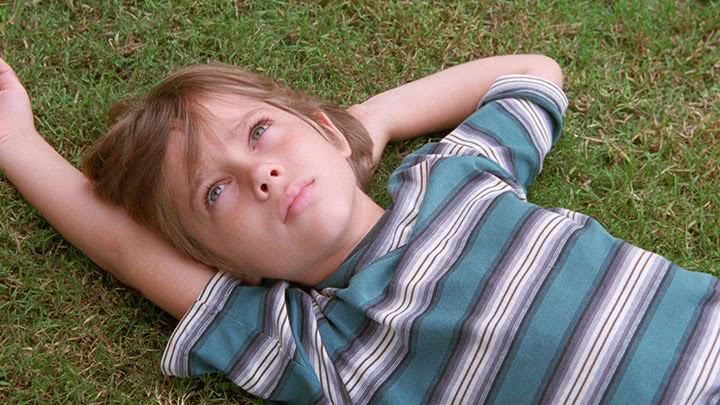Richard Linklater has been around for decades now, and his career is an object lesson in how a filmmaker can simultaneously mix it up and stay the same. After Slacker and Dazed And Confused, it was anyone’s guess where he might go next.
Filmmakers with a knack for capturing something authentic about the teen experience, like Cameron Crowe and John Hughes before him, have routinely gravitated toward the studios, which are always on the hunt for somebody with a bead on youth culture. And Linklater dabbled with the majors, though The Newton Boys (1998) isn’t considered a high point in his career.
Since then, he’s consolidated his position atop Texas’ burgeoning independent filmmaking scene, and as one of the most formally experimental filmmakers in America. He’s made films unfolding in real time (Before Sunrise) and road-tested unorthodox technologies that at first glance seem gimmicky, as in Waking Life and A Scanner Darkly, which were shot with actors and animated over afterwards. But his interest in adolescence has remained unchanged. And over time the adolescents in his films have become less laconic and more unashamedly sincere.
Boyhood, his latest, is perhaps the purest marriage of Linklater the director increasingly comfortable with real emotion and Linklater the technical innovator, a combination often on a diverging track. Shot every summer over 12 years, it charts the childhood of Mason (Ellar Coltrane) from five to 18. Linklater’s daughter, Lorelei, plays his sister, and Ethan Hawke and Patricia Arquette are the parents, already separated as the film opens.
Mason moves across the country, gets a couple of step-dads who turn out to be drunks, and finally goes off to college as his mother, a wonderful Arquette, cries in the kitchen. It’s a riff on Michael Apted’s 7 Up series, only scripted. It’s also one of the very few contemporary films that can justify its running time (almost three hours). Characters like Hawke’s Mason Sr., who at first is as insufferable as his character in Before Sunrise, have time to become more than just capsule versions of themselves.
So many films that feel heavily improvisational also boast dialogue that’s hopelessly banal, but Linklater’s sense of humour means he can have his cake and eat it. It’s rare to experience something we know is contrived that also feels so powerfully unaffected and, in its own quiet, incremental way, so epic.
4/5 stars
Boyhood is showing at Sydney Film Festival on June 6 and 7.


































